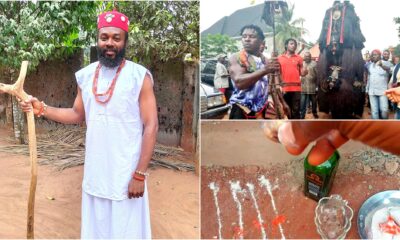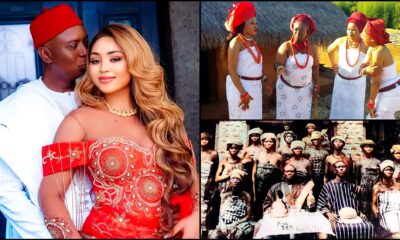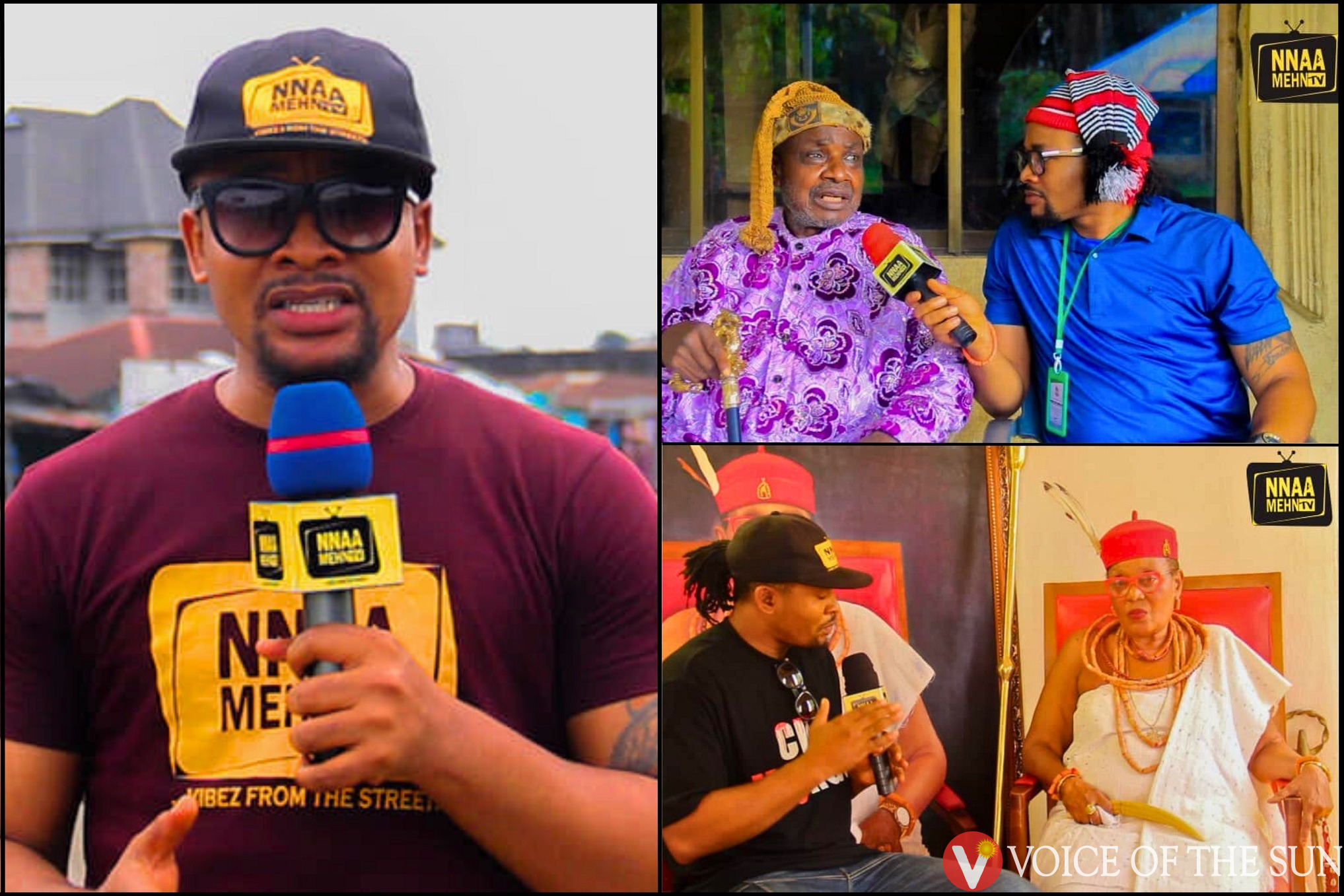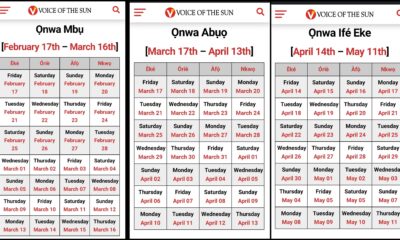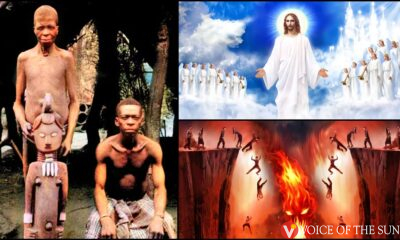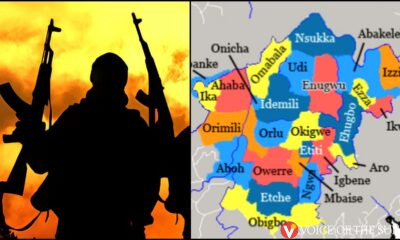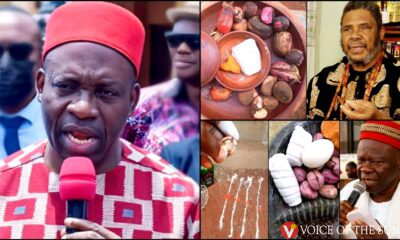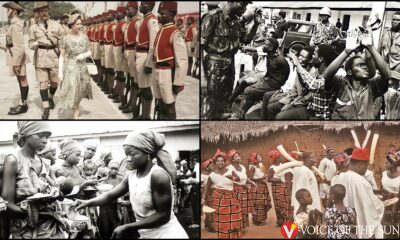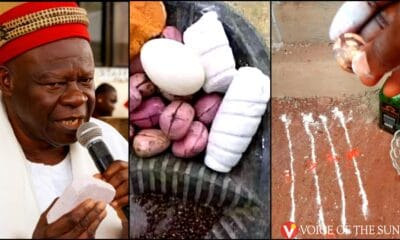Igbo History and Origins
An Archaeological History Of Igbo Ukwu, As One Of The Pillars Of ÌGBÒ Civilization
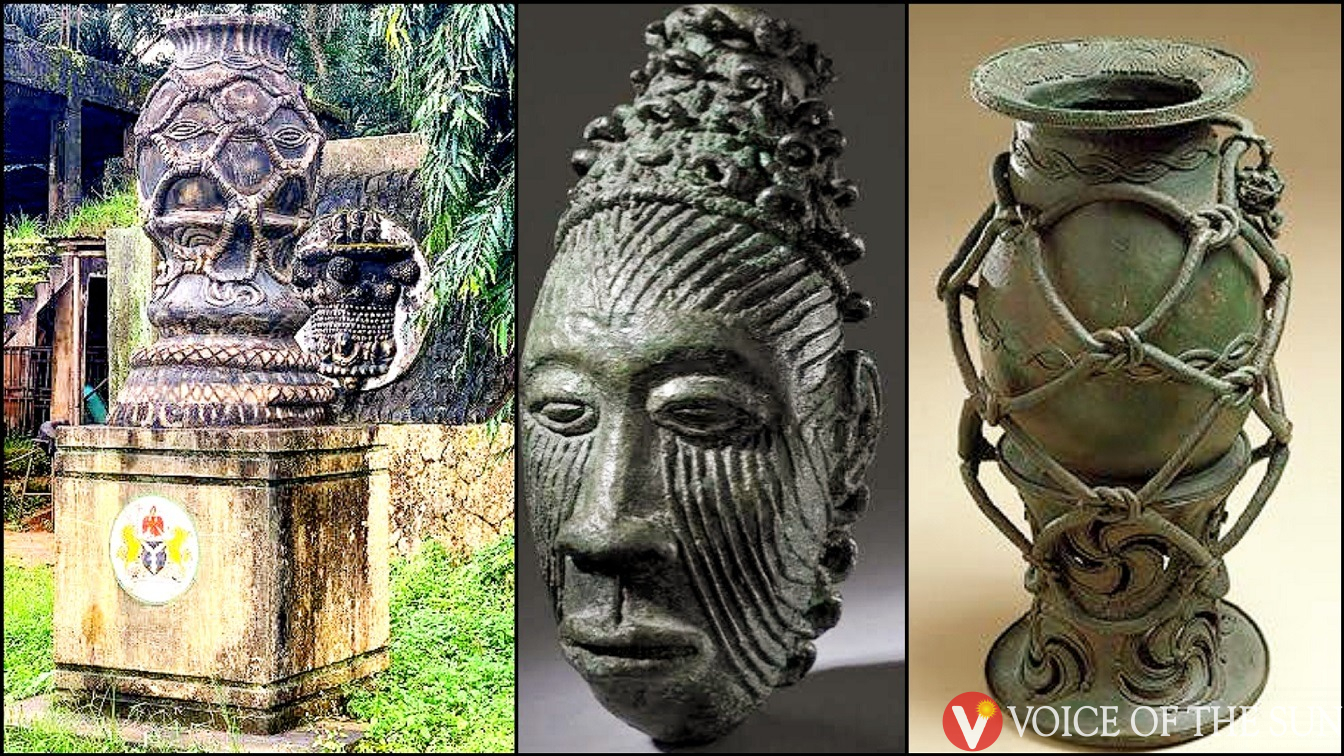
Ìgbò Ukwu is a prominent town in the Aguata local government area of Anambra state in the Eastern part of Nigeria. The town consists of seven villages partitioned into three main quarters namely; Obiuno, Ngo, and Ihite. Ìgbò Ukwu was formerly known as ‘Ìgbò Nkwo’ or just ‘Igbo‘; the name Igbo Ukwu translates as ‘Great Igbo’ — an ancient Igbo town that is significant for its contribution to Igbo civilization.
Ìgbò Ukwu is renowned throughout Ìgbò-land and beyond because of the ancient ceremonial bronze objects excavated from the area. This discovery by an indigene of the town by the name, Isaiah Anozie, attracted two British archeologists to probe the origin of these intricate objects. The outcome of this discovery cemented the belief that the Ìgbò Ukwu is one of the original cradles of the Igbo people.
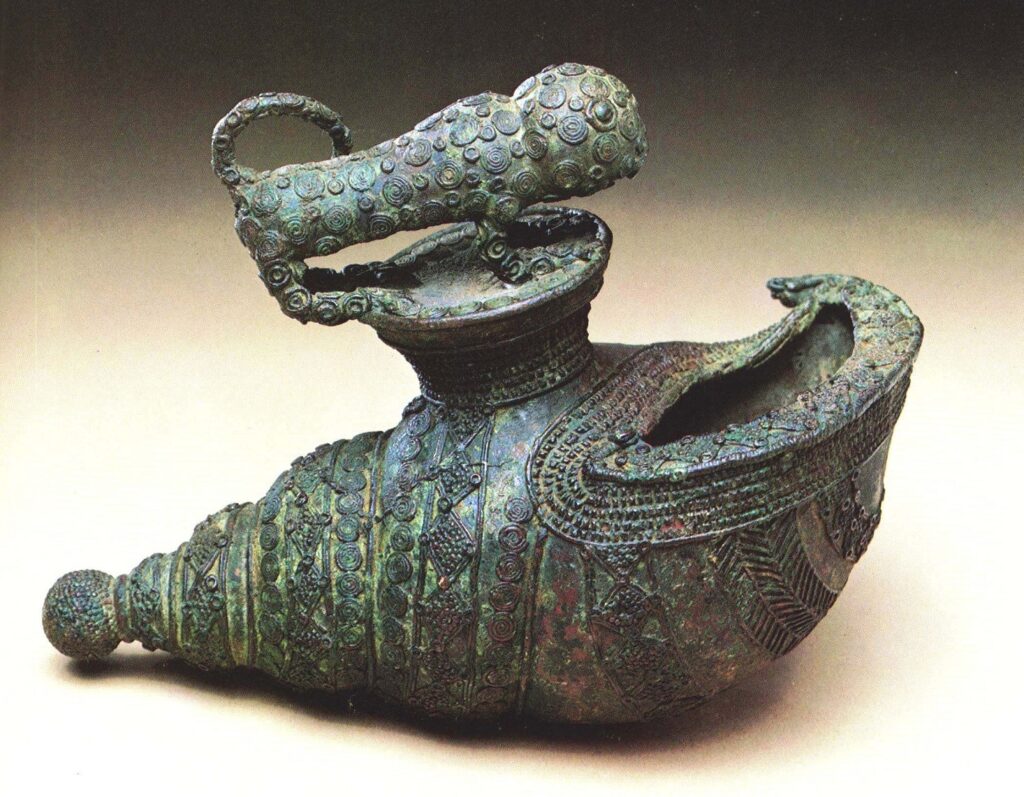
This article will trace the origin of this prestigious town as well as its heritage and contributions to Ìgbò civilization. Ìgbò Ukwu is blessed with a great cultural heritage evident in their customs, arts, festivals, sacred sites, folklores, and indigenous technology. Africa has for ages suffered heavy exploitation of their heritage and natural resources by the British in different forms such as; iconoclasm, artifact trafficking, and false documentation.
The great cultures of Ìgbò Ukwu were not exempted from this cruel exploitation, as some were abolished during the British colonization. Some of these extinct cultures are; Ahia mbibi ( A fattening ceremony done to prepare a bride for marriage), Okpensi (An annual festival in honor of the ancestors), Iwa ogodo ( A ceremony done to show that young men have matured). These cultures collapsed when Ndi Ìgbò were manipulated into a sham marriage of modernity and Christianity by the missionaries and British colonial enterprise.
According to popular stories, in 1938, a farmer named Isaiah Anozie excavated many ‘sophisticated’ bronze objects while digging a cistern on his land. Archeological finds would later prove that the land harbored fossils of the artifacts from a society [believed to be the Nri Kingdom] that existed over a millennium ago.
The finds from Ìgbò Ukwu were dated as far back as the 9th to 11th century and were older than all the recovered artifacts in West Africa including Ife and Benin bronze. This discovery introduced a new trajectory of the Ìgbò civilization. It is claimed that the ancient culture of Ìgbò Ukwu incorporates the antecedent legacy of the Igbo people.
In 1959, the first archeological adventure on this land began and lasted until 1964. It was led by two British archeologists, Thurston Shaw and Hartle, with Thurston as the spearhead. He researched Anozie’s discovery and expanded the sites to three sites – named after three brothers from the community. Each of these sites offered clues about the ancient Ìgbò Ukwu. Igbo Isaiah, Igbo Richard, and Igbo Jonah. The research sites were subjected to three basic categories of the finds thus: Igbo Isaiah was the storehouse of royal regalia; Igbo Richard was the burial chamber for elites, and Igbo Jonah was for ancient bin disposal.
Thurston and his crew recovered hundreds of magnificent materials found in a repertory in Ìgbò Ukwu. These artifacts were made of bronze, copper, iron, lead, ivory, stone, etc. They included ceremonial roped pot stands, regalia, jewelry, elephant tusks, textiles, glass beads, and ceramic shards. These discoveries happen to be a confirmation of the Ìgbò wealth and agelong trade between locals and foreigners. The Shaw discovery was later published in 1970. Using radiocarbon dating, he posited that the bronzes, beads, and pottery were from the 9th to 10th centuries. This outrightly means that the Ìgbò Ukwu artifacts were the earliest samples of cast bronze objects. Shaw’s conclusion suggested that the artifacts albeit not proven belonged to a civilized traditional society of craft.
Connections Between Igbo Ukwu Bronzes and Igbo Ancestry Origin
Years after the British excavations had ended, an Ìgbò man, Onwuejeogwu, embarked on a different research adventure focused on identifying the origin of these excavated artifacts. In his 1981 study, he pointed out the similarity of Ìgbò culture evident in Thurston’s discovery. He classified these trails into five sections namely; those associated with the Nri title, the Ozo title, the Ichi title, the rituals of Alusi and Mmuo, and Status and Prestige. To support these trails, the present Nri culture functions near the spot where these artifacts were discovered. Also significant are the Ichi royal marks peculiar to ancient leaders in Ìgbò-land marked on some of the bronze objects from Thurston’s excavation. The Ichi marks, however, did not wane with the Western civilization, so they were a great tool to prove the similarity between Ìgbò Ukwu finds and Igbo culture, as observed in studies by Equiano and John Adams.
On December 29th, 1989, the Ìgbò Ukwu Museum was built to store, preserve and exhibit these artifacts. It is situated at Ngor-road, Ìgbò Ukwu along Nnewi-Ekwulobia road in Aguata, Anambra state. This museum has since served as a tourist center and enhanced new research on Ìgbò culture and civilization. In Ìgbò Ukwu, there’s also an ancient hut known as Obidege – designated as the Hut of the first son/settler of the Ìgbò race.
Here is a GALLARY of some of the Ìgbò Ukwu
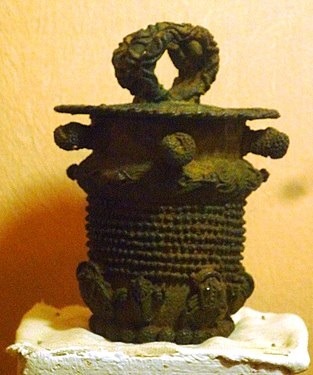
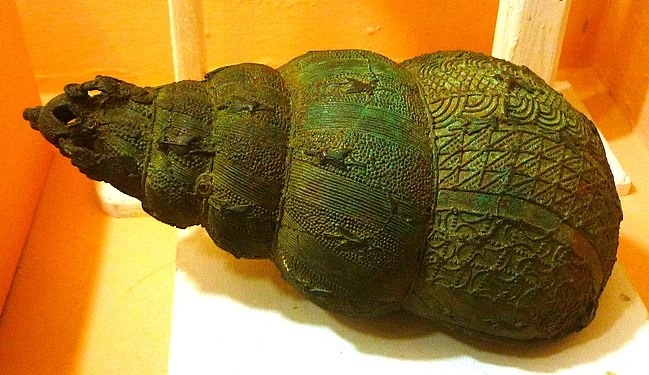
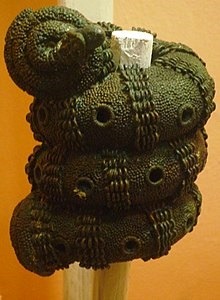
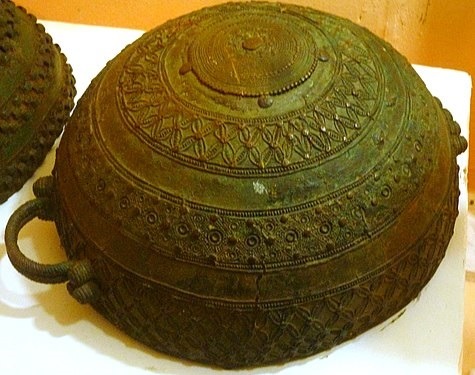
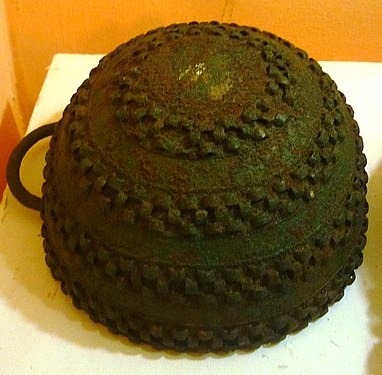
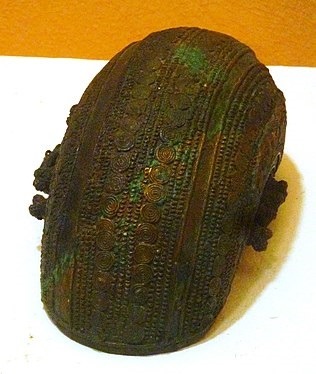
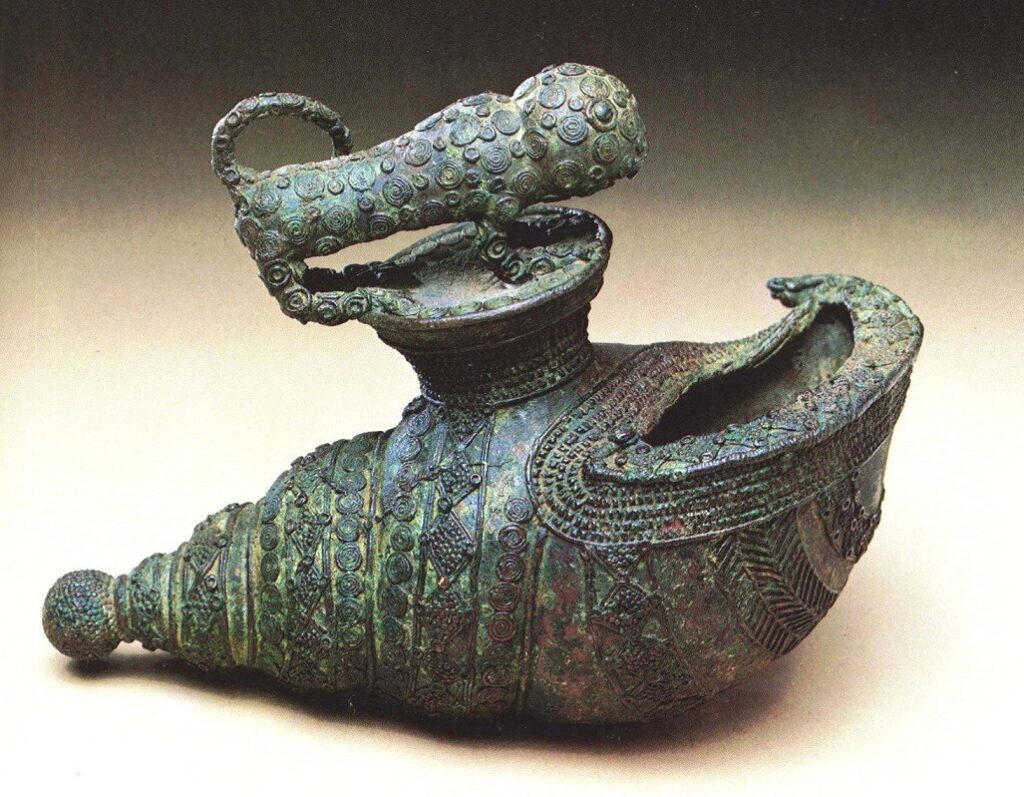
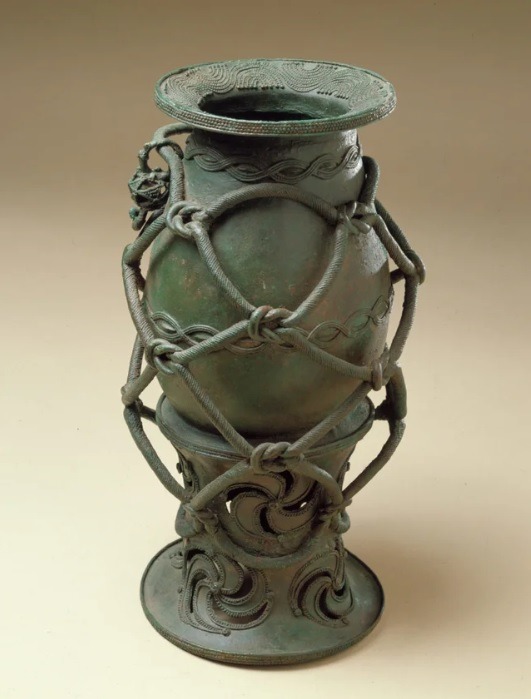
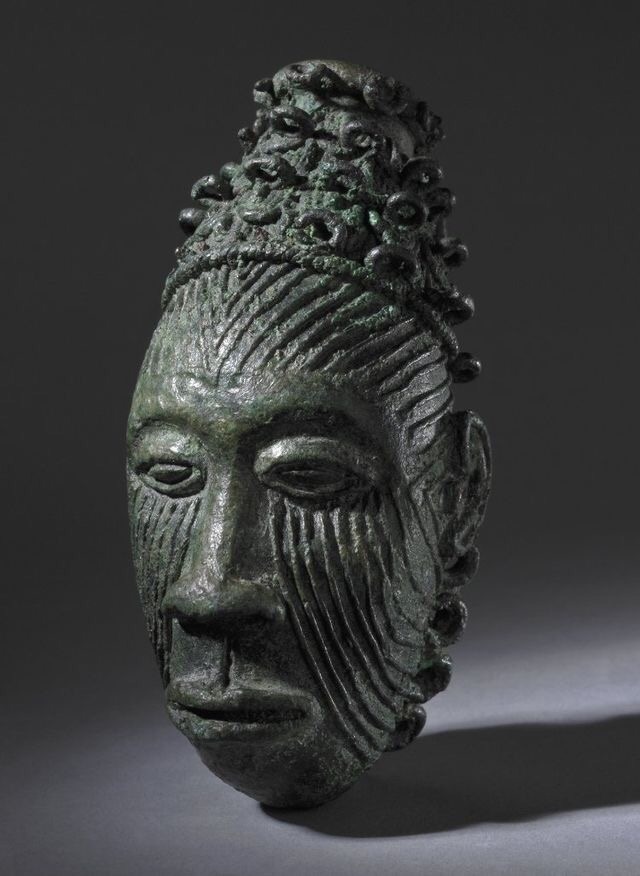
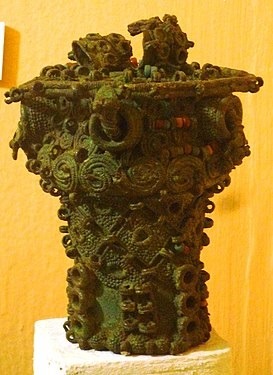
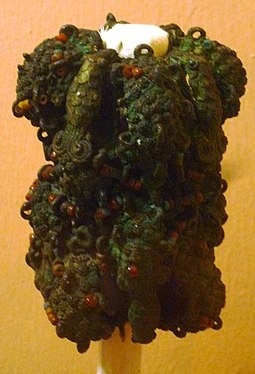
Significance of Igbo Ukwu Artifacts In Igbo History
- The discoveries from Igbo Ukwu reduced the misconception of the origin of Ndi Ìgbò.
- Ìgbò Ukwu Culture has also shown the ancient history of trade relations between Ndi Ìgbò and other nations.
- The Ìgbò Ukwu artifacts showcased the artistry prowess of Ìgbò ancestors.
- Ìgbò Ukwu culture upholds values such as community, family, respect for elders, life, and hospitality.
The Ìgbò Ukwu Bronzes have attracted many foreigners and researchers in Igboland. The art and history of this town have been included in the academic syllabus of Arts and History students in Nigeria and even overseas. However, when disparaging comments on Ìgbò and the African race rise, cultures such as the Igbo Ukwu arts and civilization could be employed to refute them. The Igbo Ukwu bronze is not a mere coincidence; it served as a pointer to the Ìgbò past and great culture.
This Piece Was Written By Chidera Oti and Edited By Chuka Nduneseokwu
Please Support and DONATE To Us. Help Us In Preserving Our History, Culture and Beliefs as Ndi Igbo. CLICK HERE to assist us financially.
-
![How Igbo People Started Becoming Christians 181 Years Ago (1841–2022): A Brief History Of Christianity In Ìgbòland [Part I] How Igbo People Started Becoming Christians 181 Years Ago (1841–2022): A Brief History Of Christianity In Ìgbòland/Among The Ìgbò [Part I]](https://voiceofthesun.com/wp-content/uploads/2022/07/How-Igbo-People-Started-Becoming-Christians-181-Years-Ago-1841–2022-A-Brief-History-Of-Christianity-In-Igboland-Among-The-Igbo-Part-I-1-400x240.jpg)
![How Igbo People Started Becoming Christians 181 Years Ago (1841–2022): A Brief History Of Christianity In Ìgbòland [Part I] How Igbo People Started Becoming Christians 181 Years Ago (1841–2022): A Brief History Of Christianity In Ìgbòland/Among The Ìgbò [Part I]](https://voiceofthesun.com/wp-content/uploads/2022/07/How-Igbo-People-Started-Becoming-Christians-181-Years-Ago-1841–2022-A-Brief-History-Of-Christianity-In-Igboland-Among-The-Igbo-Part-I-1-80x80.jpg) Igbo History and Origins3 years ago
Igbo History and Origins3 years agoHow Igbo People Started Becoming Christians 181 Years Ago (1841–2022): A Brief History Of Christianity In Ìgbòland [Part I]
-
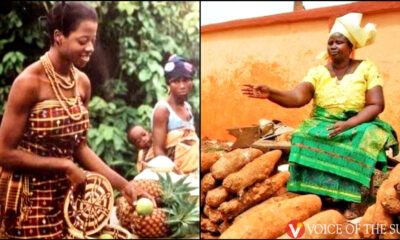
 Igbo Cultures And Traditions3 years ago
Igbo Cultures And Traditions3 years agoThe Four Igbo Market Days and Their Significance In Odinala na Omenala ÌGBÒ
-
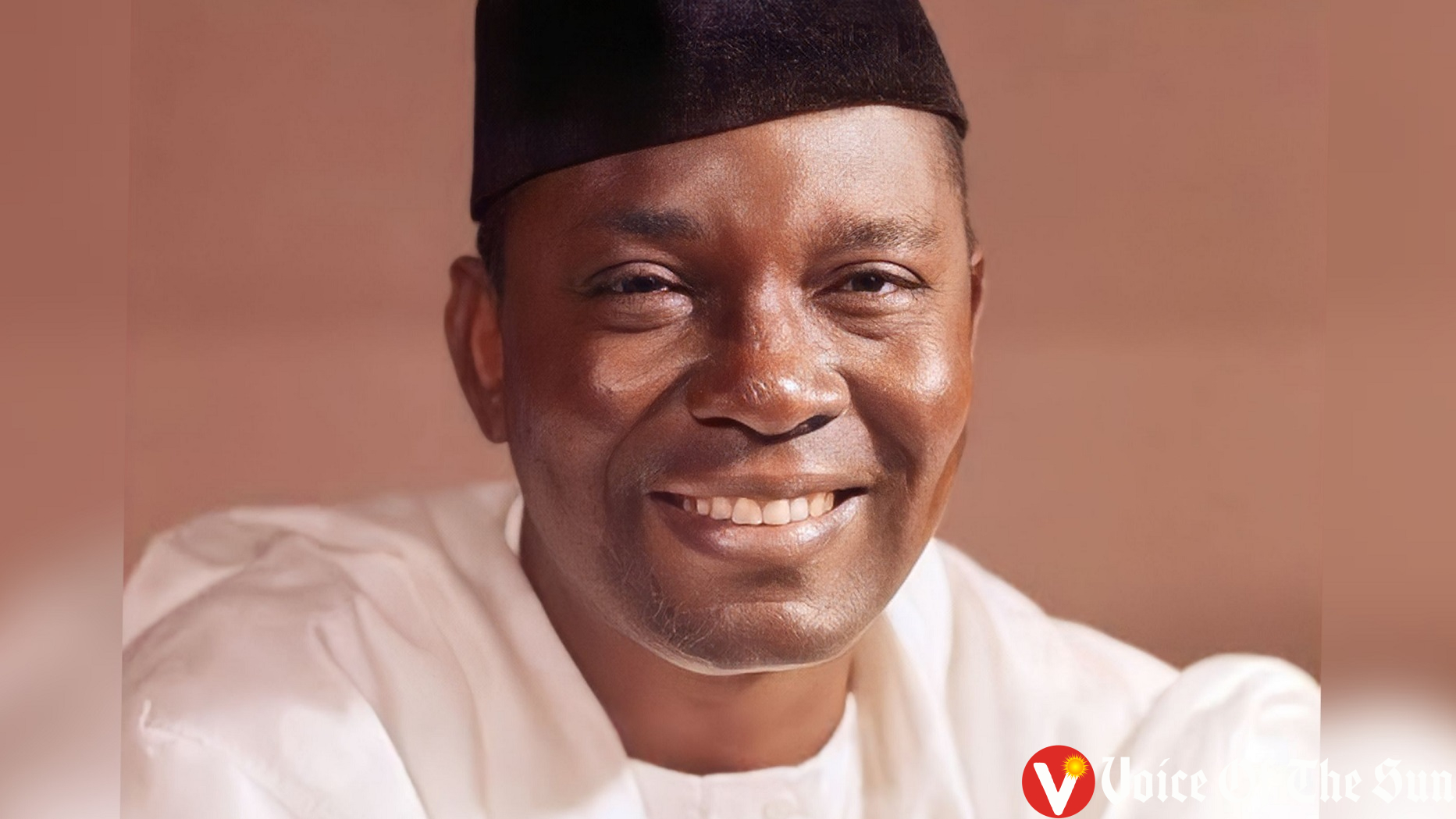
 Igbo History and Origins2 years ago
Igbo History and Origins2 years agoNnamdi Azikiwe: Legacy of a Nigerian Nationalist And Igbo Icon
-
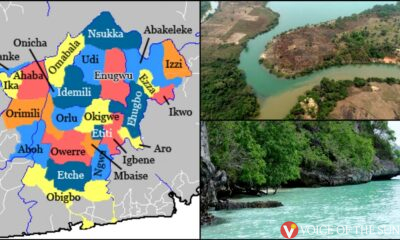
 Igbo News3 years ago
Igbo News3 years agoIgbo Land Is Not Landlocked – We Have The Deepest And Shortest Access To The Atlantic Ocean
-
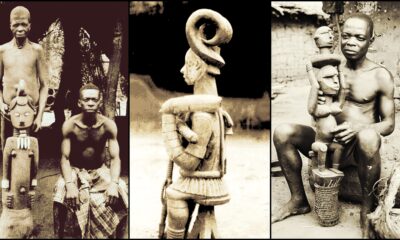
 Igbo Spirituality2 years ago
Igbo Spirituality2 years agoÌgbò Ancestors Did Not Worship Idols and Demons – A Journey Into Ịgọ Mmụọ In Odinana Ìgbò
-
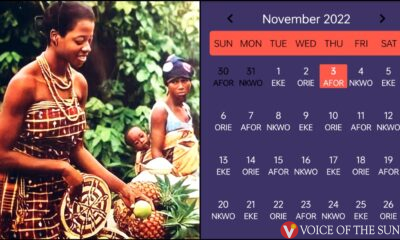
 Igbo Cultures And Traditions2 years ago
Igbo Cultures And Traditions2 years agoWhich Igbo Market Day Is Today – Get The Complete Igbo Calendar
-
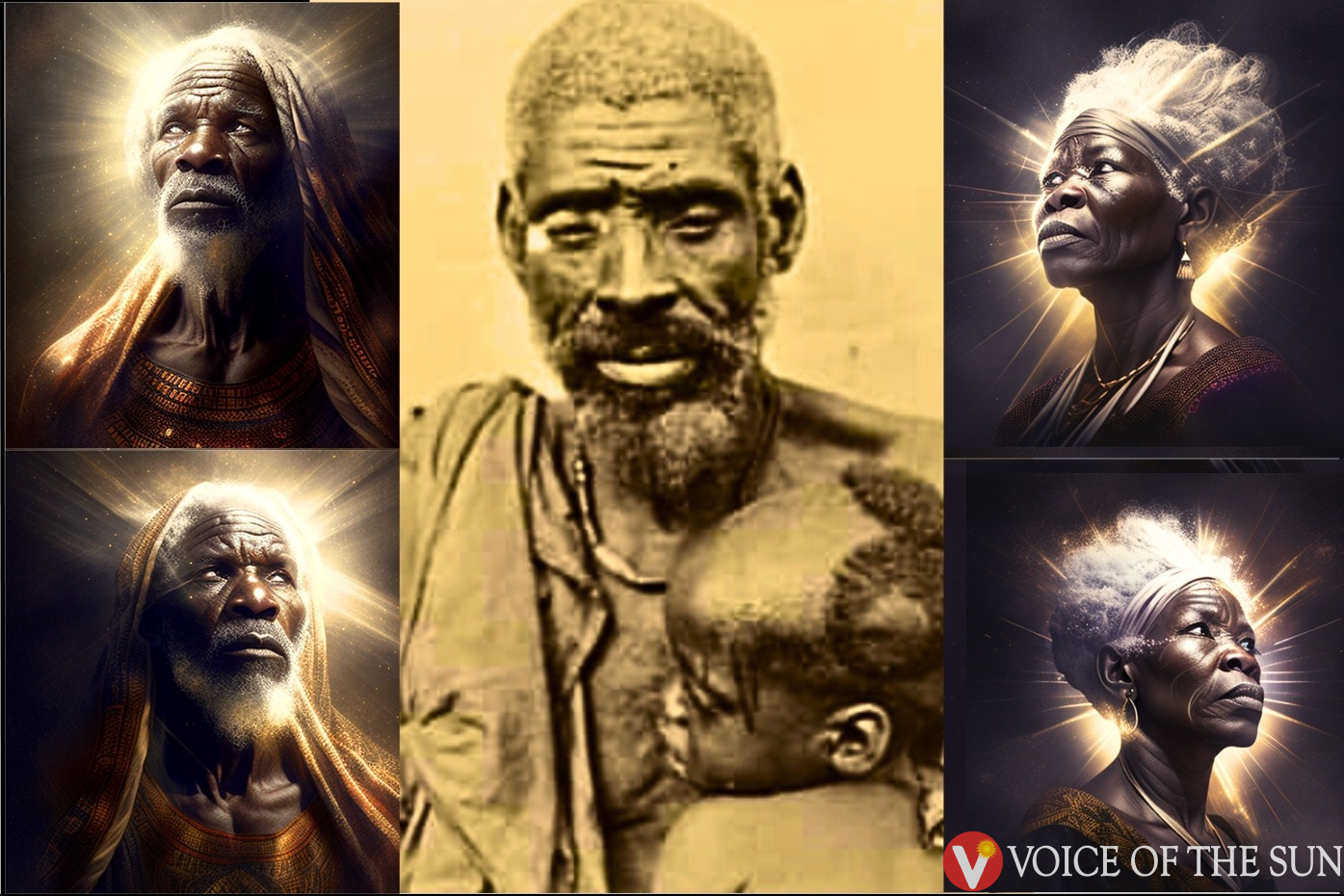
 Igbo Spirituality2 years ago
Igbo Spirituality2 years agoUnderstanding Ndị Ịchie In Igbo Cosmology: Who Are Ndi Ichie In Odinana na Omenana Ìgbò?
-

 Igbo History and Origins2 years ago
Igbo History and Origins2 years agoChukwuemeka Odumegwu Ojukwu: The Life And Legacy Of An Igbo Hero

